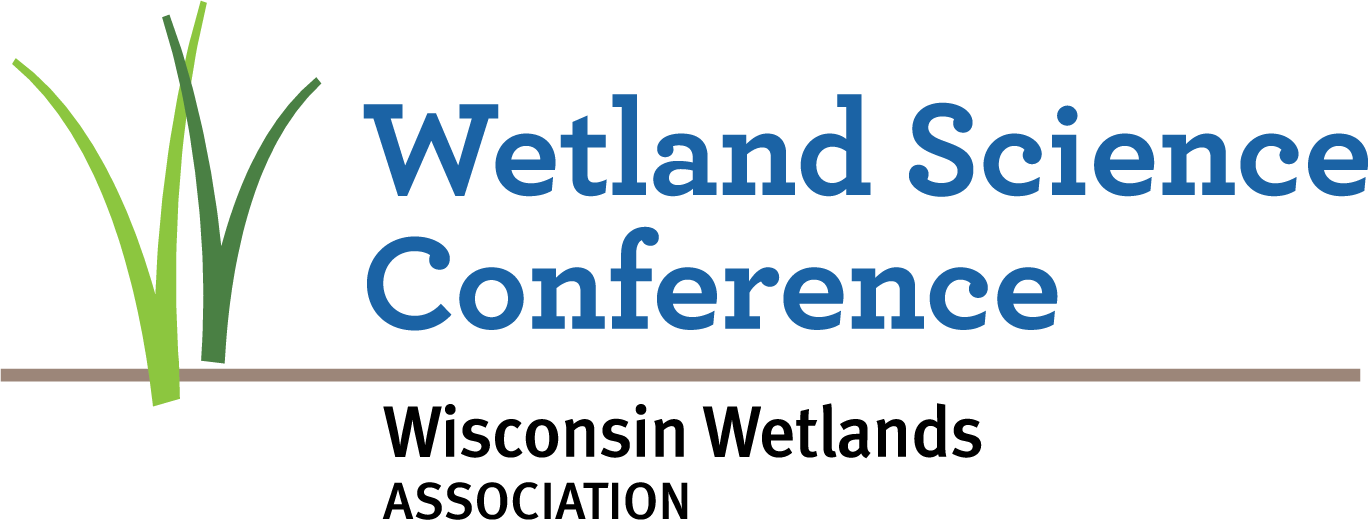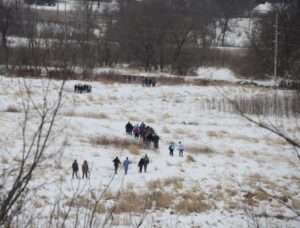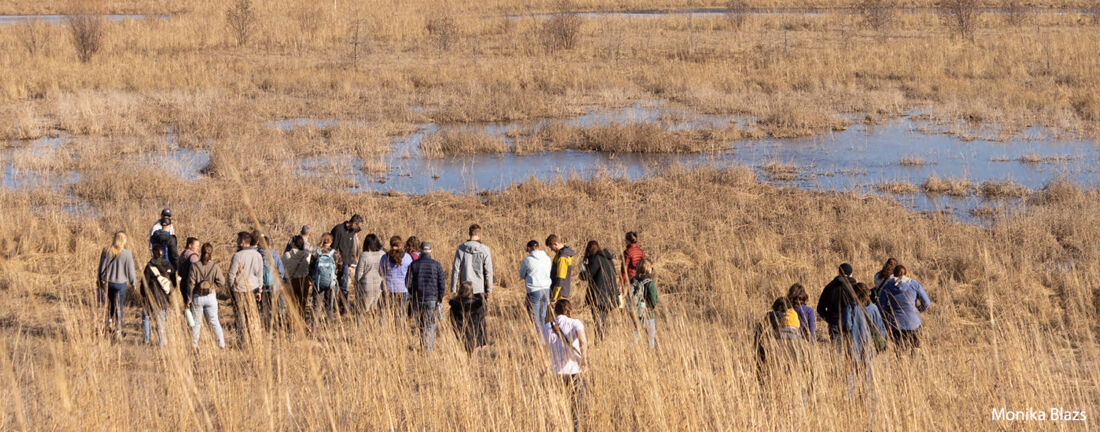
Field trips
These trips are your chance to view and enjoy the natural resources we work to protect, manage, and restore. Pre-registration for field trips is required and will include a nominal fee. Field trip sign-up will occur when you register for the conference. Space in each field trip is limited, and sign-up is first-come-first-served, so register early to ensure you get into your desired field trip. Note that field trip fees are non-refundable.
**Please note that the field trips will go in almost any weather (with the exception of hazardous conditions). We’ve encountered a wide range of conditions on our February field trips, so please consider this as you decide between indoor and outdoor options, and be prepared to dress warmly if you do register for an outdoor field trip.
Field trips for the 2025 conference will be announced in fall of 2024.
Tuesday, February 25, 2025: 1:30-4:30 pm
Exploring Winter Wetland Habitat at the La Crosse River Conservancy
Tuesday, February 25, 2025, 1:30 – 4:30 pm
Registration Fee: $15.00
Leaders: Abbie Church (Mississippi Valley Conservancy) and Levi Plath (Mississippi Valley Conservancy)
Description: The La Crosse River Conservancy was one of Mississippi Valley Conservancy’s first nature preserves, and is comprised of partnerships with the local municipalities of the City of La Crosse and the City of Onalaska. It has grown from an initial 35-acre donation to a 373-acre wetland complex that is continuing to grow. Learn about the land acquisition strategies, grant funding sources, and municipal partnerships that were involved to make this project a reality. Attendees will also hear about the management planning process, including the challenges and considerations that are underway in updating a habitat management plan for the site.
This hike will begin and end at Stoney Creek Inn with cookies and hot chocolate after venturing out into the wetlands. We will be hiking off-trail through wetlands and sedge meadows, so rubber knee-boots are recommended. If there is adequate snowfall, you may wish to bring snowshoes. Alternatively, information regarding how to make a request to borrow snowshoes will be provided to field trip registrants. Such requests must be made in advance of the field trip.
This is an outdoor field trip.
More information: about the site can be found at: https://mississippivalleyconservancy.org/land-protection/la-crosse-river-conservancy
Abbie Church is the conservation director for Mississippi Valley Conservancy where she leads a team of natural resource professionals in working with private landowners to permanently protect native habitats and farmlands through voluntary conservation easements. She also directs land management efforts on 31 nature preserves in southwest Wisconsin, which encompass a diverse array of wetland types.
Exploring the La Crosse River Marsh
Tuesday, February 25, 2025, 1:30 – 4:30 pm
Registration Fee: $15.00
Leader: Chuck Lee (Friends of the La Crosse River Marsh)
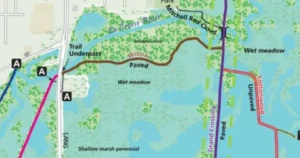
This is an outdoor field trip.
Chuck Lee is President of Friends of the La Crosse River Marsh and Emeritus Professor of History, UW-La Crosse.
Upper Mississippi River NWFR La Crosse District Visitor Center and Halfway Creek Marsh
Tuesday, February 25, 2025, 1:30 – 4:30 pm
Registration Fee: $15.00
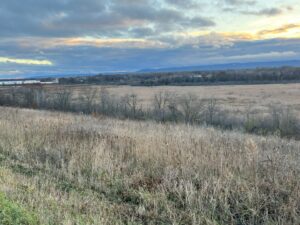
Description: The field trip will begin at the visitor center with a presentation that compares the Root River Tract restoration (large, ‘natural’, riverine wetland restoration) with the Halfway Creek Marsh project (constructed wetlands as sediment trap). The field trip will then include an on site visit of the Halfway Creek Marsh project. Participants should dress for the weather including appropriate footwear.
This is an indoor and outdoor field trip.
More information about the site can be found at: https://www.fws.gov/refuge/upper-mississippi-river/visit-us/locations/la-crosse-district-visitor-center-and-office
